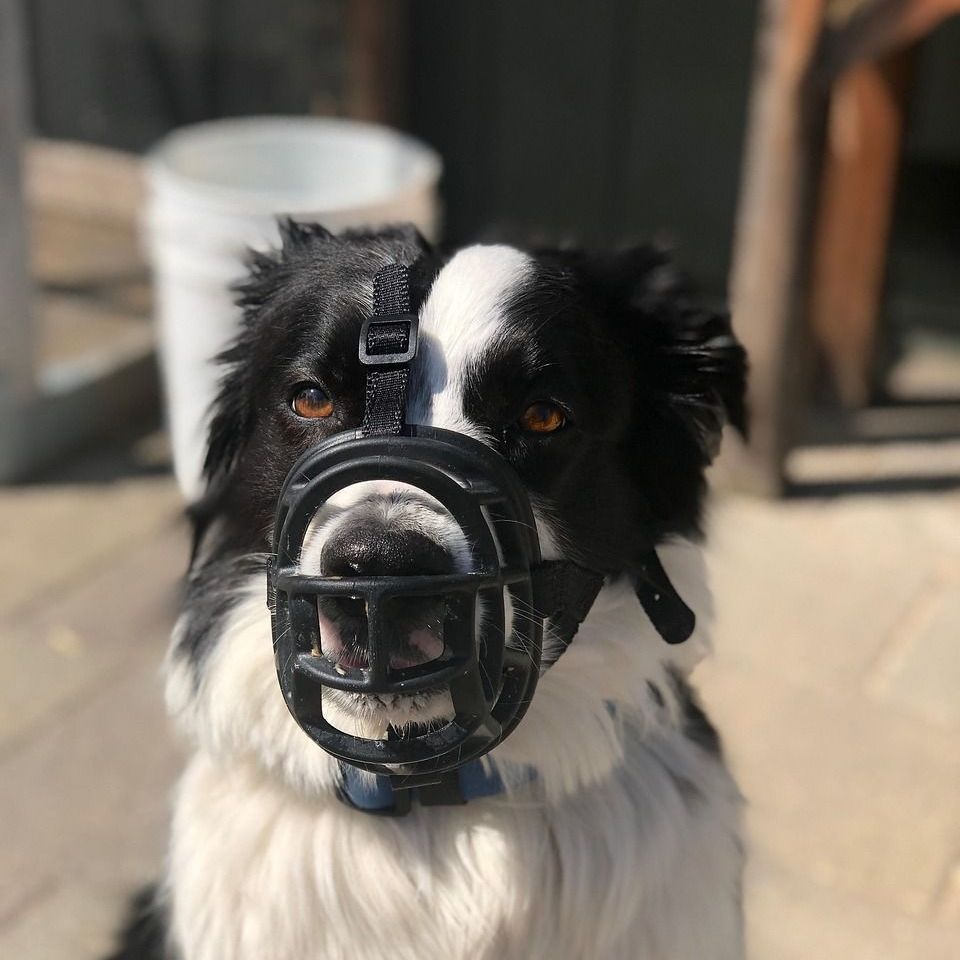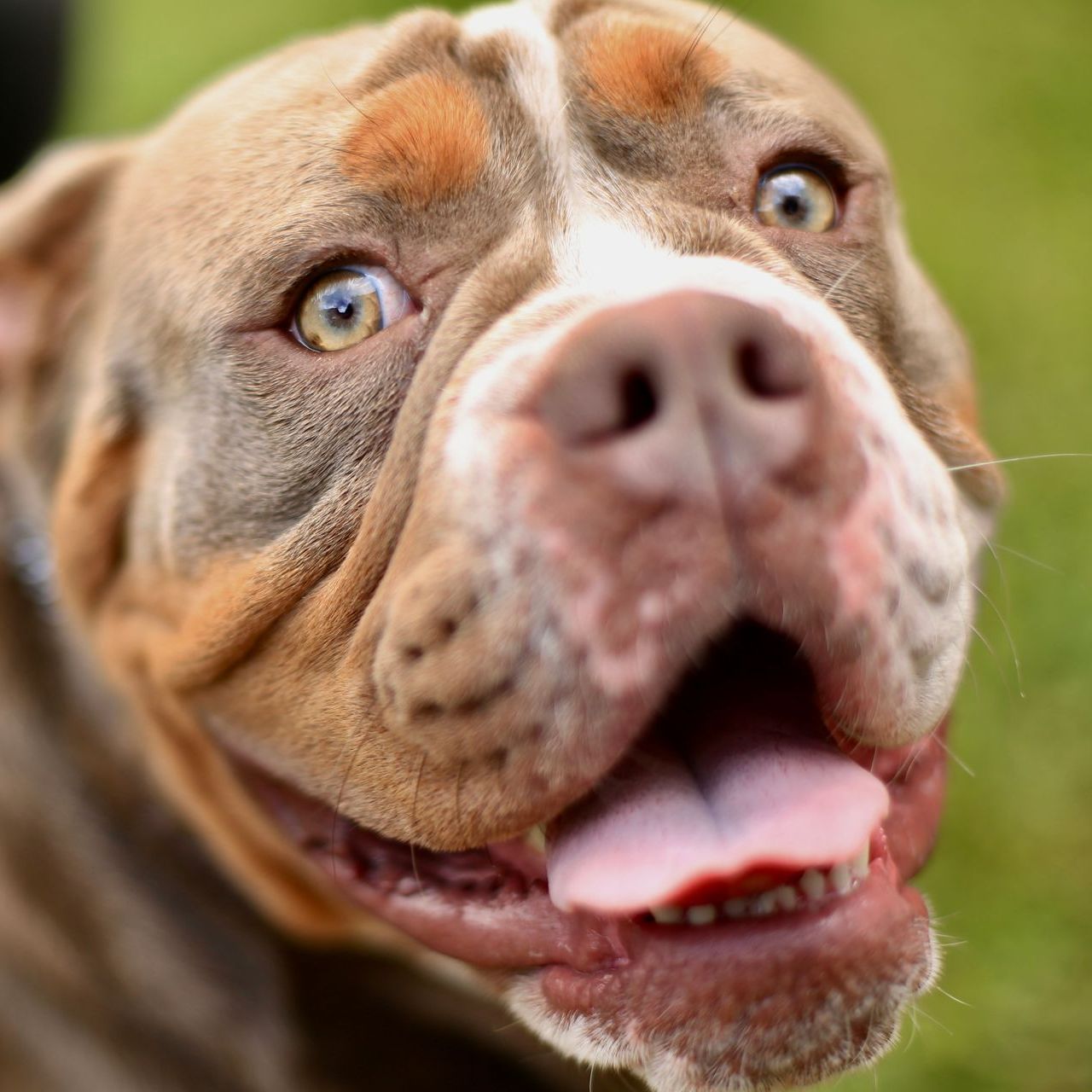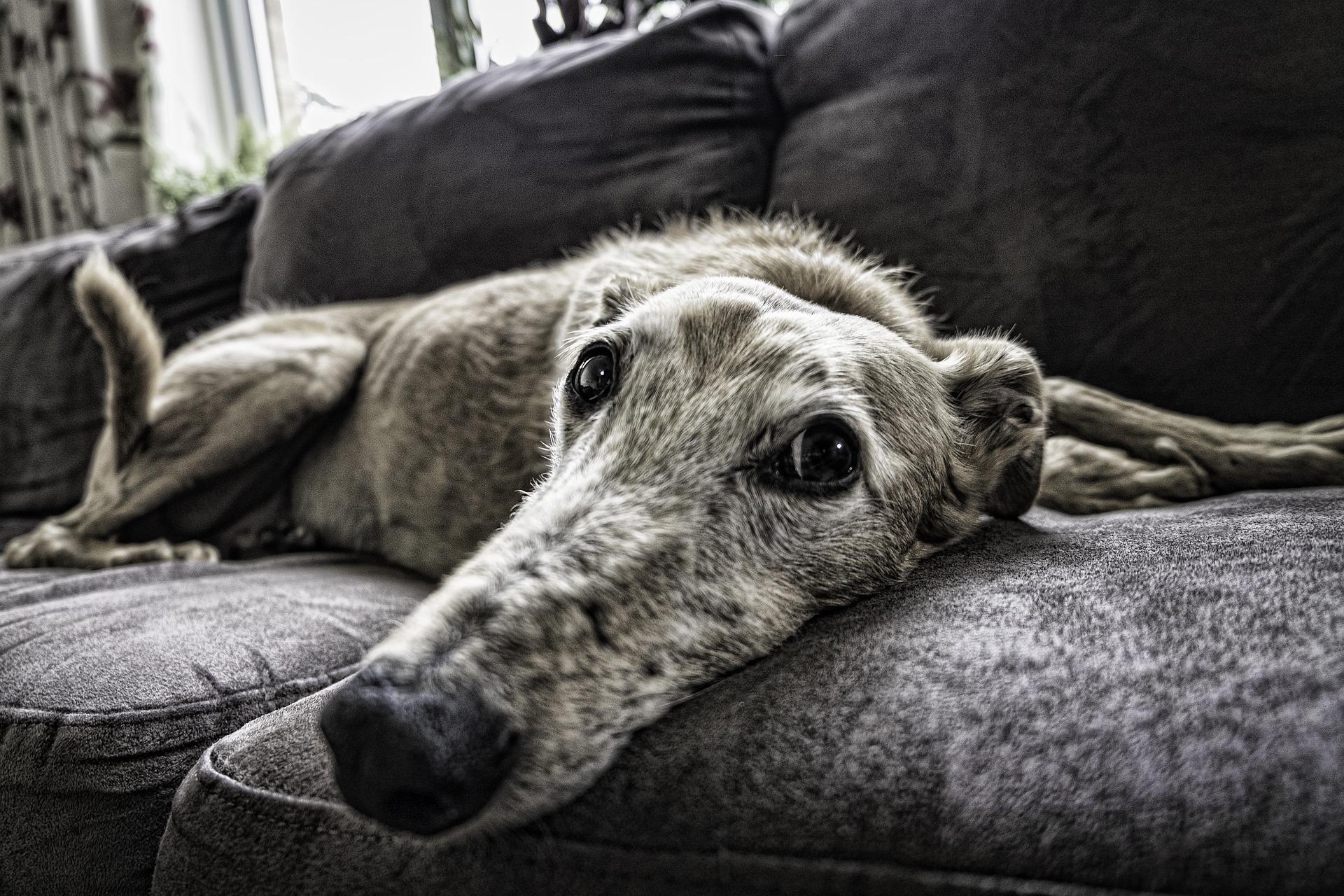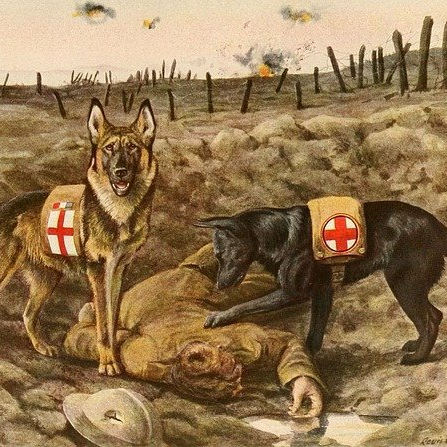Kennel Cough in Dogs

We are currently experiencing a high number of cases of Kennel Cough in the Rugby area. Read on to find out more
What is Kennel Cough?
- Kennel Cough is a respiratory infection cauesd by a combination of a Virus (Parainfluenza) and a Bacteria (Bordetella Brochiseptica).
- It is highly contagious and can spread easily between dogs in contact with each other.
- It ISN'T just limited to Kennels, any contact can cause spread.
- It is rarely dangerous and usually is self-limiting and clears up on its own in a few weeks.
- However, young puppies, elderly animals and those with underlying heart or lung conditions may be at higher risk of complications.
- The incubation period of Kennel Cough (the time taken between catching the illness and showing signs)is between 2 and 14 days.
- This means that dog can be infectious, whilst not showing outward signs.
What the symptoms of Kennel Cough?
Dogs with Kennel Cough normally have a dry and honking cough. It can often be triggered by:
- Barking.
- Movement - eg waking up.
- Pulling on collar and lead.
- Sudden change in air temperature.
The cough itself often ends with a marked retch or gag at the end of a coughing fit. We often get people thinking that the dog has something stuck in their throat.
A cough can often be triggered by a gentle pinch of their airway under their neck - called a pinch test.
The "dry" signs of kennel cough are different from other types of respiratory sounds such as Reverse Sneezing (common in toy/small breeds) or wet types of cough often seen with heart disease or pneumonia.
The clip below is pretty typical of a dog with Kennel Cough:
Are there any other signs?
Most dogs that have Kennel Cough are well in themselves, but just have a nasty cough. Other signs we can see include:
- Restlessness - often due to lack of sleep.
- High temperature.
- Off food.
- Lethargic.
- Occasionally may have runny eyes.
- Occasionally may have sneezing too.
Is Kennel Cough Dangerous?
In nearly all cases the illness will go away on its own accord without intervention or deterioration. In some more vulnerable animals (see first paragraph), the condition can progress into more serious illness.
How is Kennel Cough Diagnosed?
There is no easy or simple way to diagnose Kennel Cough. It is normally done on the history, the presenting signs and the clinical examination. In most cases we will presumptively diagnose Kennel Cough based on these facts alone. Also we expect cases to improve, so we become more concerned about other problems if the symtoms or time spans don't fit.
How is it treated?
Nearly all cases of Kennel Cough clear up on their own accord with no specific veterinary treatment. Antibiotics have not been shown to improve the recovery of non-complicated cases.
We normally advise that if Kennel Cough is suspected that you:
- Remove any collars or harnesses from them and leave them off at all times
- Do not take out for exercise and keep rested at home.
- Allow to eat and drink normally. Offer fluids regularly
- Do not allow to mix with other dogs until you are sure your dog is better.
- Allowing them to inhale warm steam can help - have a hot shower/bath and make sure the windows are closed and the extractors fans are off!
- Keep your pet warm and comfortable but in a well ventilated area.
- Try and limit barking and movement as much as possible.
- Occasionally we may use cough suppressants or anti-inflammatories as this can make your pet feel a bit better and sleep easier.
When do you need to call the vet?
As we have said, most cases of Kennel Cough are self limiting and don't require specific treatment - just time. If you pet is otherwise well, then you don't need to seek immediate veterinary attention. However, you may want to call us if:
- Your dog has had a cough that has gone on for longer than 3-4 weeks
- Your dog is coughing and is unwell - ie not eating or drinking.
- Your pet is actually having difficulty breathing - THIS IS OFTEN AN EMERGENCY.
- You are aware that your pet has existing heart/lung problems.
- There is any kind of discharge from the nose that isn't clear - such as cloudy, purulent, bloody etc.
If you are worried and don't know what to do - then always feel free to give us a ring and we can advise if you need a vet visit or not!
What about vaccinations?
You can vaccinnate dogs again Kennel Cough and this can be done at the time of normal routine annual jabs or separately on their own. If you dog HAS Kennel Cough you can attempt to give the vaccine to them and it may have an effect on shortening the duration of the illness. The vaccine lasts for 12m once given.
It is a spray up the nose (which most dogs hate) but the good news is later this year we hope to be switching to an injectable variant which is much easier to administer and is tolerated by the dogs so much better!












